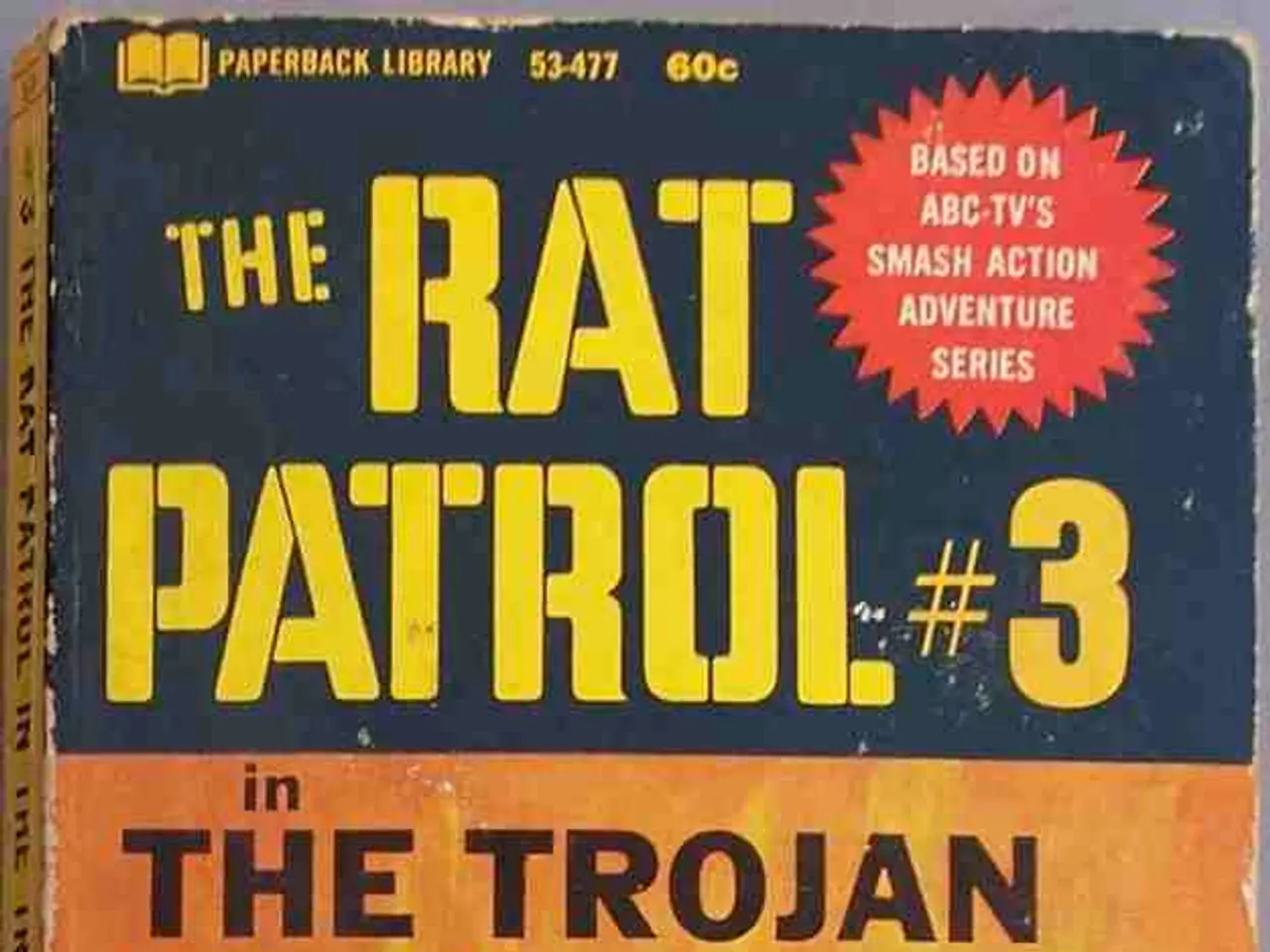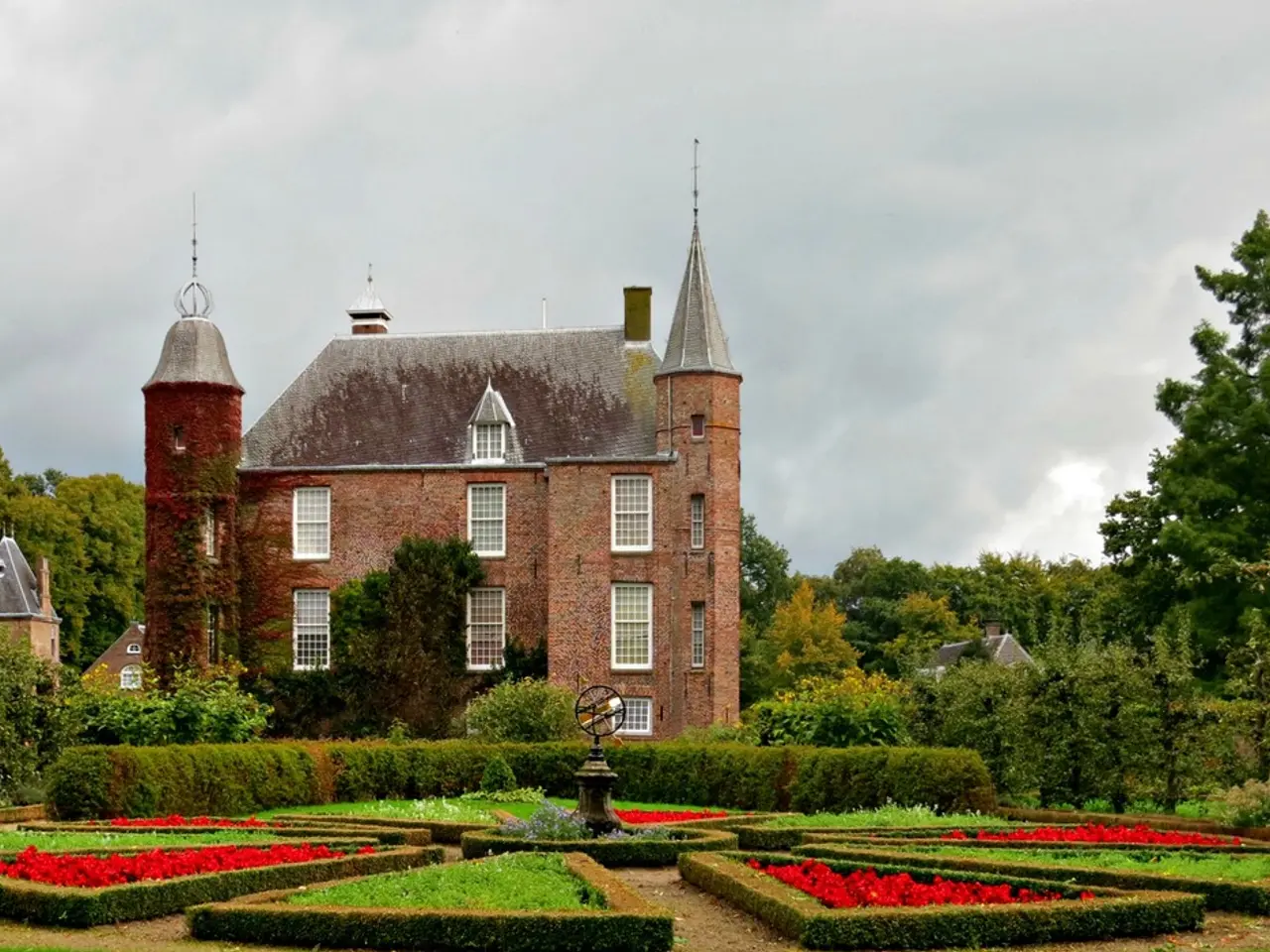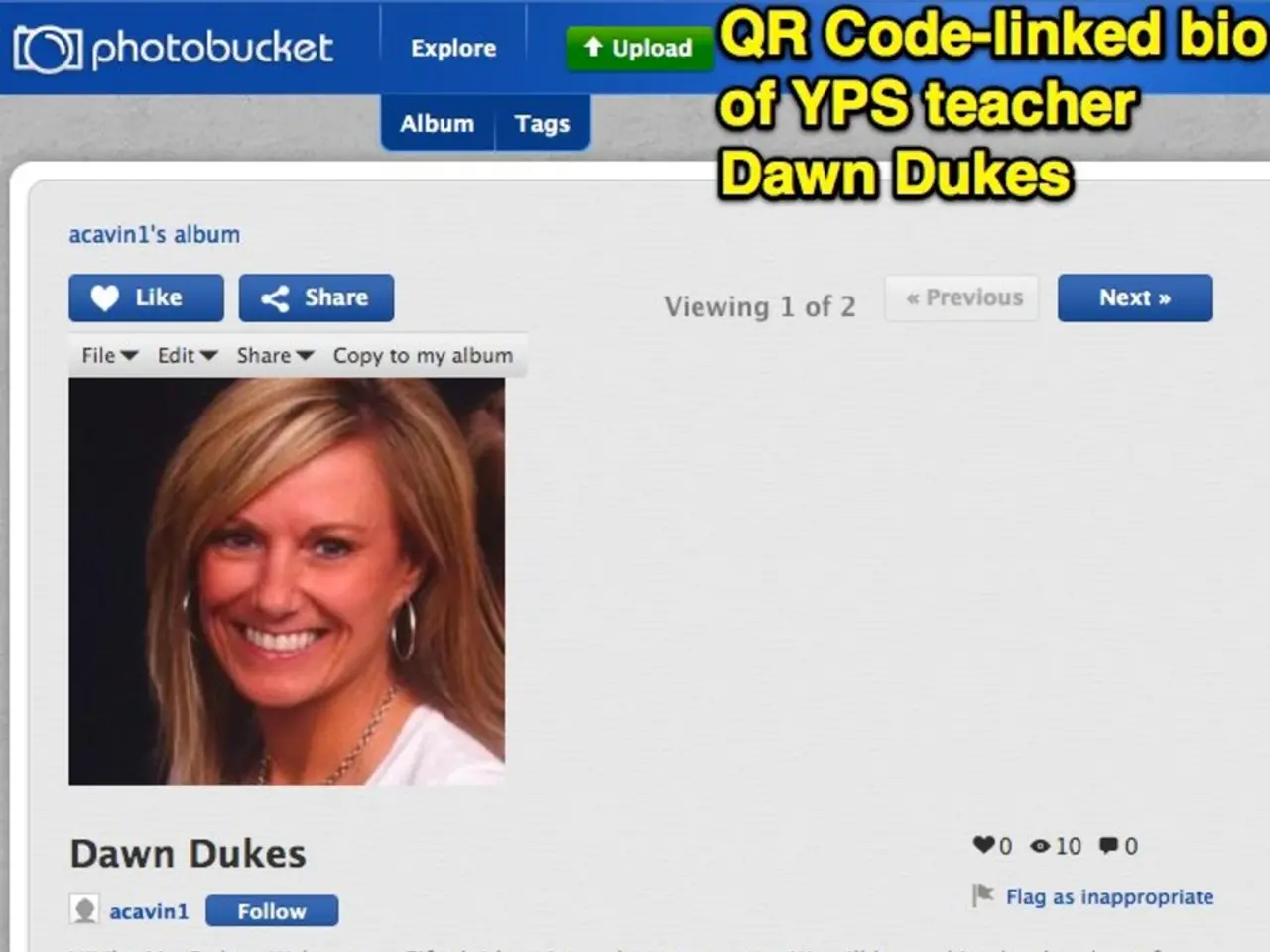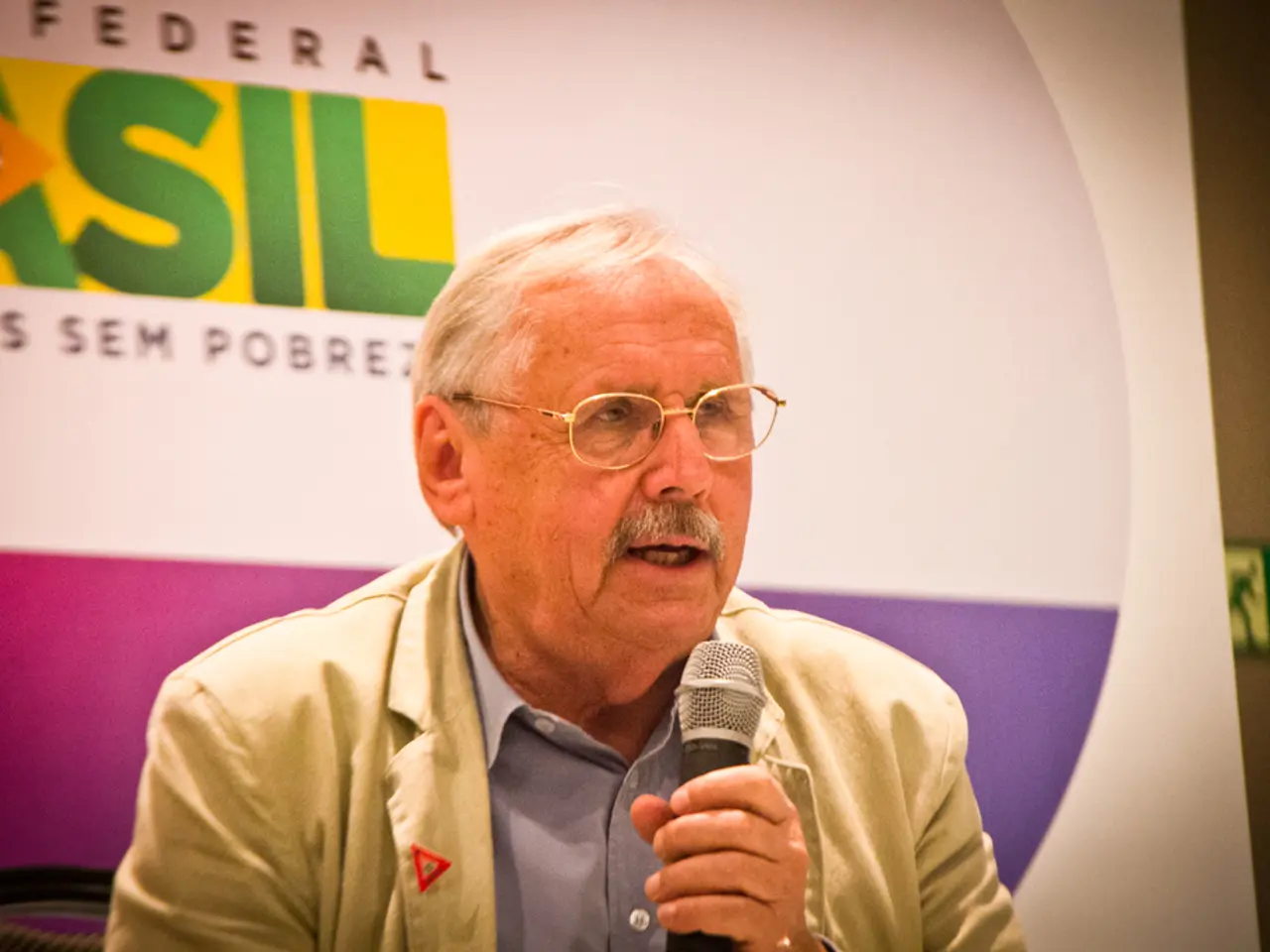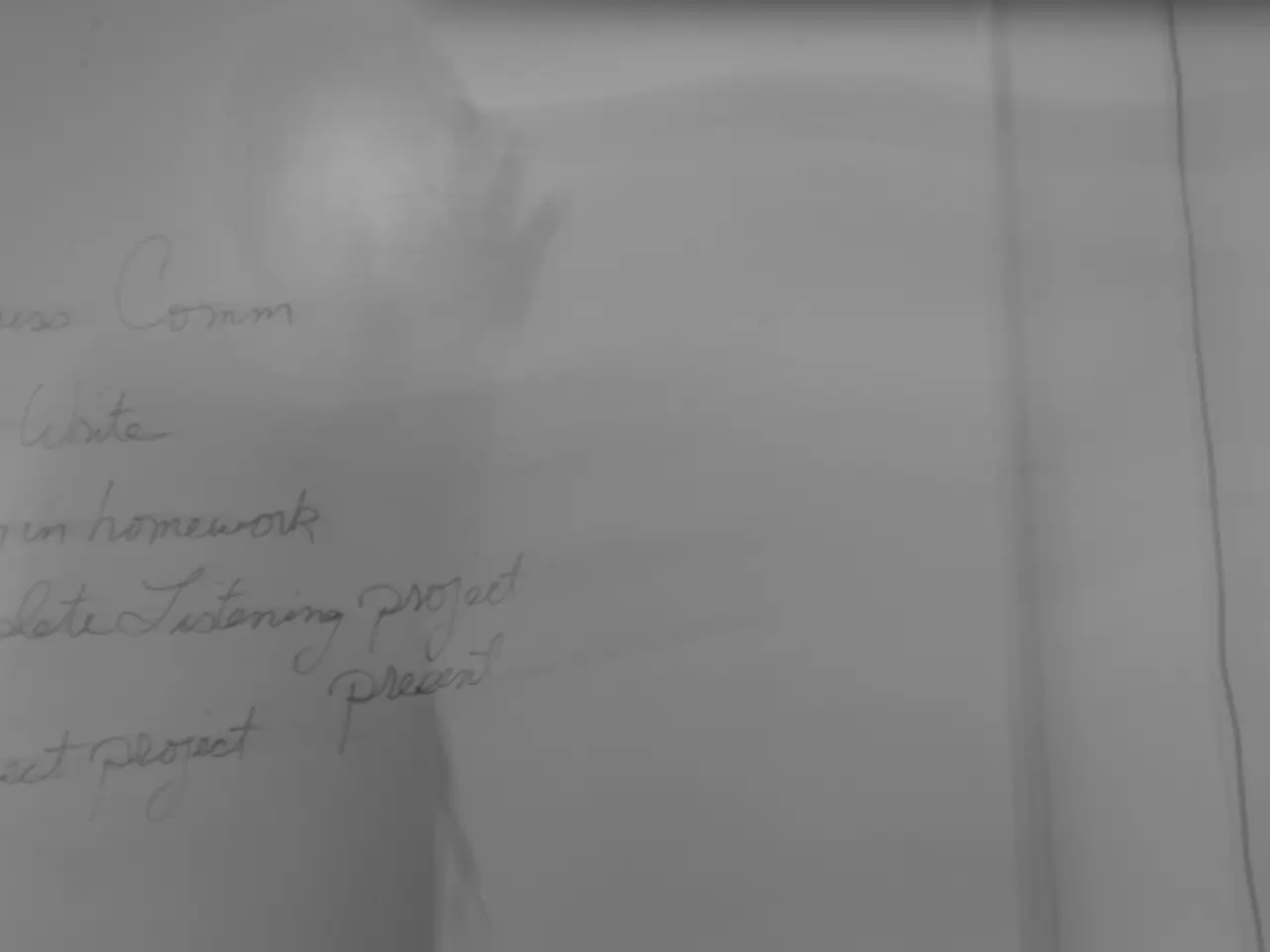Russia's President Putin promotes a peaceful dialogue, yet holds onto his militaristic aspirations
In the ongoing conflict between Russia and Ukraine, the war aims and positions of the Russian leadership, led by President Vladimir Putin, and Belarus, under President Alexander Lukashenko, have become increasingly clear.
Russia's War Aims and Negotiations
Russia's war aims in Ukraine are centred around achieving Ukrainian "denazification," demilitarization, and neutrality, along with the recognition of Russia's annexation of the Luhansk, Donetsk, Zaporizhia, Kherson oblasts, and Crimea. Russia insists Ukraine must not join NATO and must acknowledge these territorial changes as part of its demands.
President Putin's stance on negotiations remains rigid. He is unlikely to make any concessions unless forced by substantial Ukrainian battlefield victories. Putin seeks a complete realization of his objectives and views any peace agreement falling short as a failure that would undermine the perceived wisdom of the campaign.
Belarus's Position
Belarus, under President Lukashenko, has aligned closely with Russia's military and political objectives, hosting Russian tactical nuclear weapons and conducting joint military exercises. However, there is no direct indication that Lukashenko is pushing for immediate negotiations or peace talks.
The Current Scenario
In the three direct rounds of talks in Istanbul since May, the sides have only agreed on the exchange of prisoners and the return of dead soldiers. The latest deadline set by US President Donald Trump for ending the war in Ukraine and avoiding high tariffs on Russia and its oil buyers is ten days.
However, Putin and Lukashenko have shown a willingness to wait for meaningful talks if the Ukrainian leadership thinks it's not the right time. Yet, no direct response from Ukrainian President Volodymyr Zelensky regarding Putin's comments was reported in the article.
Looking Ahead
Zelensky's country demands going beyond the exchange of statements and technical-level meetings. Putin's comments were made in response to Zelensky's remarks that meaningful talks could only take place after a change of power in Moscow. It remains to be seen how these developments will shape the future of negotiations and the ongoing conflict.
| Aspect | Russia / Putin’s Position | Lukashenko / Belarus Position | |-----------------------------|-------------------------------------------------------------------------|---------------------------------------------------| | War Aims | Ukrainian denazification, demilitarization, neutrality, recognition of annexations | Supports Russia militarily, no indication of pushing peace talks | | Negotiations | Unlikely to compromise unless forced by major Ukrainian victories | Supportive of Russia’s military strategy | | Fundamental Motivation | Sees Ukraine’s existence as existential threat and geopolitical catastrophe | Aligns with Russia strategically and militarily |
As the conflict continues, the international community watches closely, hoping for a peaceful resolution to this complex and devastating conflict.
- The European Union, deeply concerned about the escalating war-and-conflicts in Ukraine, has been closely following the war aims and positions of both Russia and Belarus, as well as the ongoing politics and general-news related to the situation.
- Amidst reports of increasing tension between Russia and Ukraine, the European Union is keenly interested in the negotiation processes between the two nations, as any agreements or failures in negotiations could have significant impacts on regional politics and stability.
